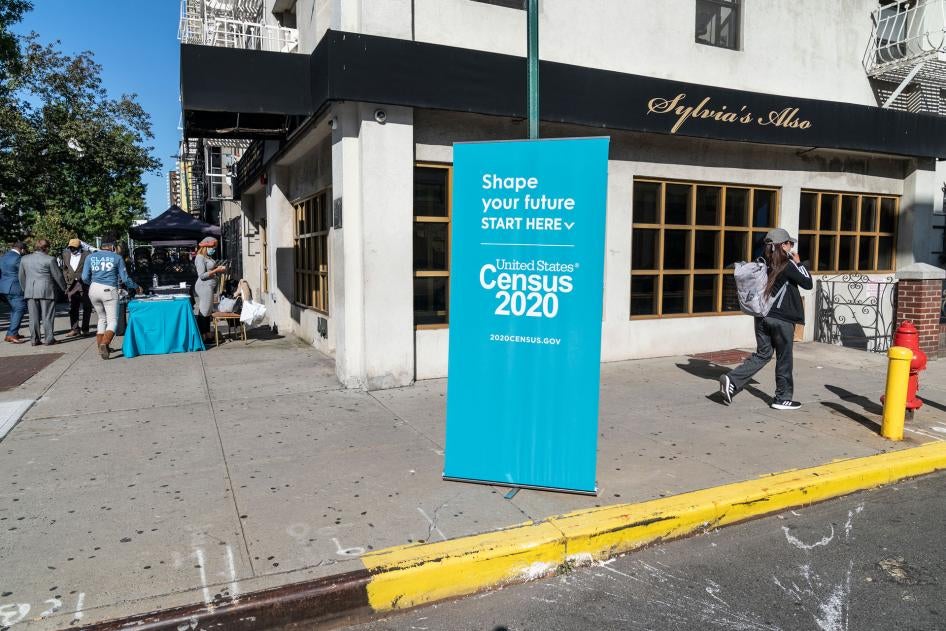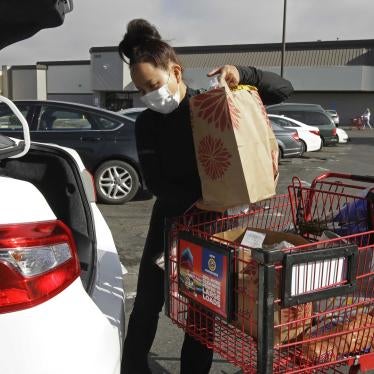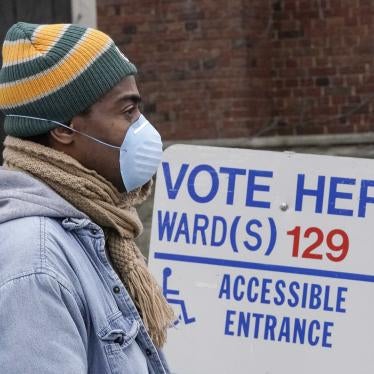The US Census Bureau will cease counting for the 2020 census at midnight, two weeks earlier than had previously been announced, a move that will likely leave many of the country’s most marginalized communities undercounted and could undermine rights for the decade to come.
The decision to stop counting comes after the Supreme Court approved the US Department of Commerce’s request to suspend a lower court order that extended counting through the end of October.
The goal of the census, conducted once every 10 years, is to produce an accurate count of all people residing in the country. With this data, the federal government reapportions political power in the form of seats in the US House of Representatives and the drawing of congressional districts. Among other uses, the count determines the distribution of nearly $1 trillion for federally funded programs, apportioned based on an area’s population, income, age, and other factors. The US government’s largest spending programs, including Medicare and Medicaid, the Supplemental Nutrition Assistance Program (SNAP), housing loan vouchers and programs, and special education grants, are determined by the census. Additionally, state and local governments, local communities, and businesses use this data to guide decisions affecting schools, housing, healthcare services, and more.
This decision is the latest in a series of events – including the Covid-19 pandemic, funding slashes, and multiple administrative orders – that experts fear will result in the least accurate modern census count. The Supreme Court is set to discuss on Friday whether to hear oral arguments in December on the government’s attempt to exclude undocumented immigrants from the census numbers for apportionment and appropriations.
An inaccurate count could have devastating effects for some of the country’s most marginalized communities and their ability to access basic education, health, and other services. Those most at risk for undercounting include low-income households, those who live in remote areas or who lack internet access, homeless people, Native Americans, Black people, Latinx people, and those who have fear and distrust of the government, including undocumented immigrants. But the incidental events and purposeful efforts to undercount the population in any state or community will have repercussions for all people, citizen or not, living within that community.
This decision, at a time of acute racial and economic disparities, puts the country’s most marginalized people, and the cities and states they live in, in even greater peril.










